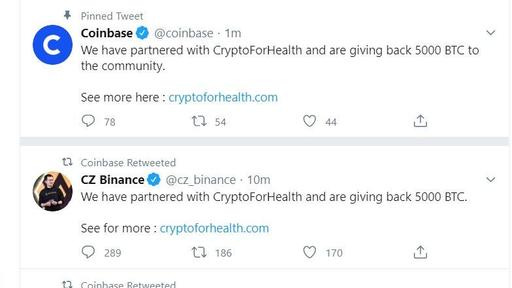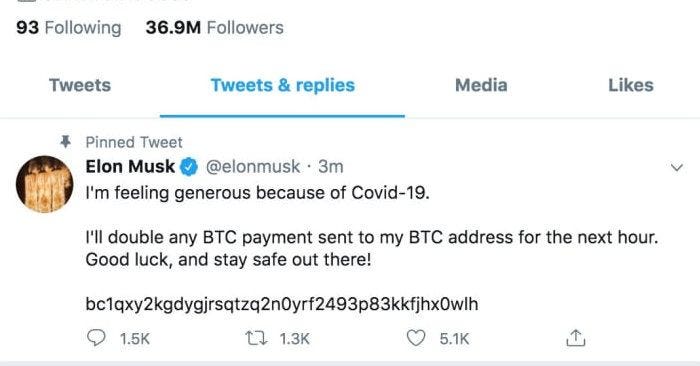Long Reads Sunday #102
Happy Sunday from the Hudson Valley
Nothing much going on this week, other than major rhetorical escalation in US v. China; Tesla looking like DOGE; confirmation that PayPal is getting into crypto; and, of course, the biggest hack in social media history focused on scooping some BTC from the very tiny venn diagram of “people smart enough to have BTC and stupid enough to give it away on the internet.”
Yeesh.
This Week’s Top Bitcoin & Crypto News
PayPal confirmed it’s getting into crypto in letter to EU
Beijing has released a 145-page plan to become a blockchain hub
The IRS inks a deal with Coinbase for on chain data
The Colorado Lottery is partnering with ETHDenver
A Tencent food delivery company is the latest test partner for China’s new central bank currency
Compound hits the symbolic $1B in total loans
Bitcoin mining difficulty jumps 9.89% to hit new all time high
Bank of England exploring a central bank digital currency
The taxpayer advocacy service says IRS crypto letters violated rights
Kingdom Trust retirement accounts to custody bitcoin via Fidelity Digital Assets
A former A16Z partner is launching a new fund around platforms users can own
$1m US Department of Energy grant for studying how blockchain could help power grid security
This week on The Breakdown podcast
Tuesday | Why Are Execs of Bankrupt Companies Being Rewarded With Millions?
Wednesday | A Primer on the US and China's 'New Cold War'
Thursday | No, the Twitter Hack Wasn't about Bitcoin
Friday | What If the Too-Strong Dollar Is a Solved Problem? Feat. Jon Turek
Saturday | Social Media Is Democracy’s Faultline: The Breakdown Weekly Recap
This Week’s Big Themes: The Hack Heard Round The World
It started simply. Around 2:15 on Wednesday, a set of accounts on Crypto Twitter from players like the big exchanges started to all show the same message about a giveaway with “CryptoForHealth.”

The attack initial was notable in simply how many accounts they were able to hit simultaneously.
By around 4:15, however, it was clear that something very different was afoot.

And it just kept getting crazier…

Very quickly, the narrative battle started.

The “bad” side was pretty obvious. 130 (as we would discover later) of the biggest accounts on Twitter were hacked to ask for bitcoin. Not only would this lead (inevitably) to people calling it a “bitcoin scam,” but it would also give ammunition for those who already sought to do away with the space.
Those on the “good” side tended to focus on one of two arguments. The first was basically the “all press is good press” idea.


The other was that ultimately, this was a failure of centralization, not of bitcoin.


Undoubtedly, the brightest spot in that interpretation was hearing it from a sitting member of Congress.
Interestingly, for those worrying that the bitcoin narrative would stick more than the centralization narrative, those fears haven’t really played out.
Much stickier has been the concern around the power of these platforms in society. Much of the conversation has been around a Twitter control panel that the hack supposedly revealed that suggests the shadowbanning thing is real.


And when it comes to the inquiries from US Government bodies, the focus has absolutely been on Twitter’s security and what might have been.

Still, I have to agree with Nic and Naval here. One of the most confounding parts of this is the disparity between the significance of the attack and the goal.


Happy Sunday!
-NLW





